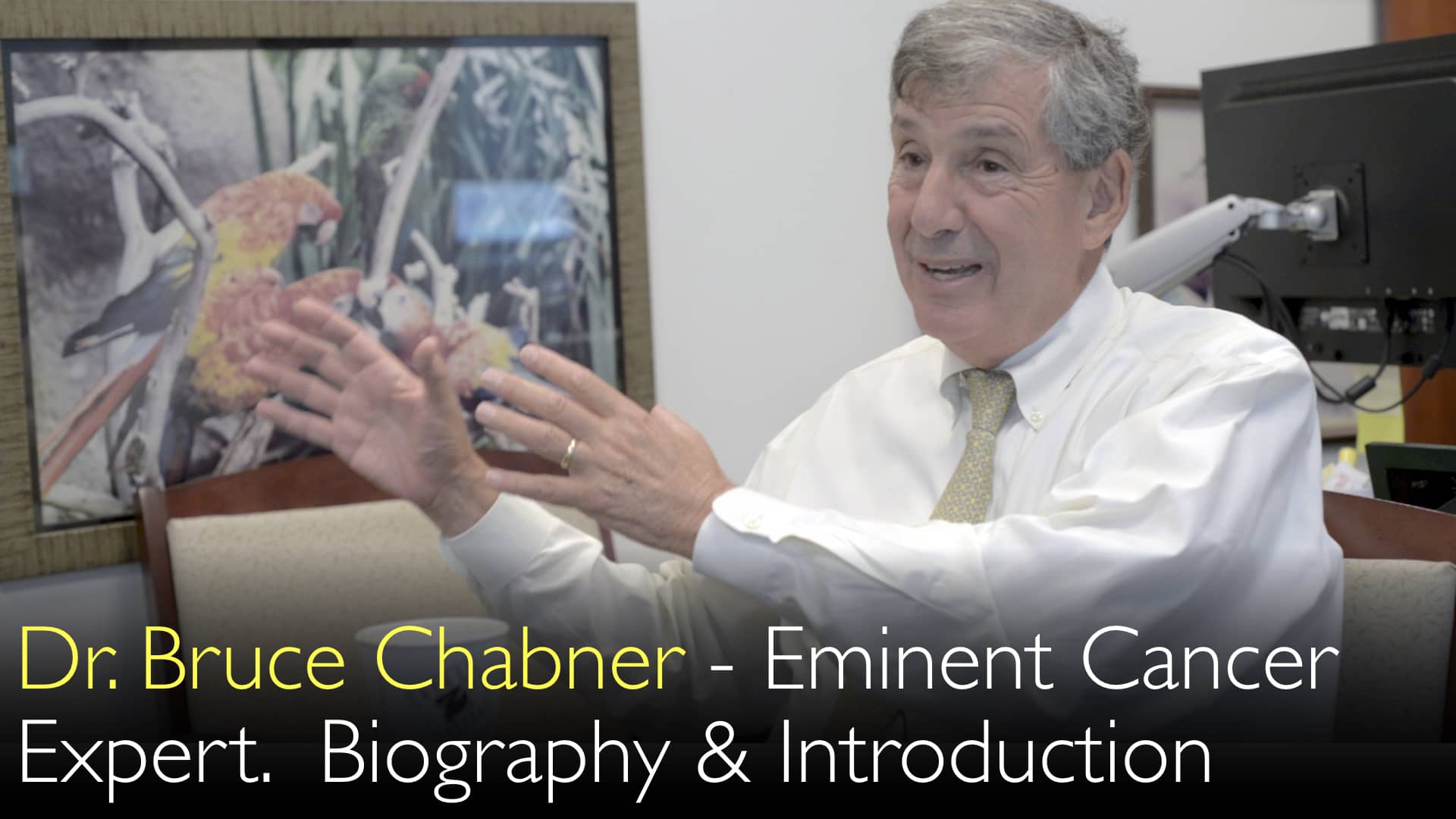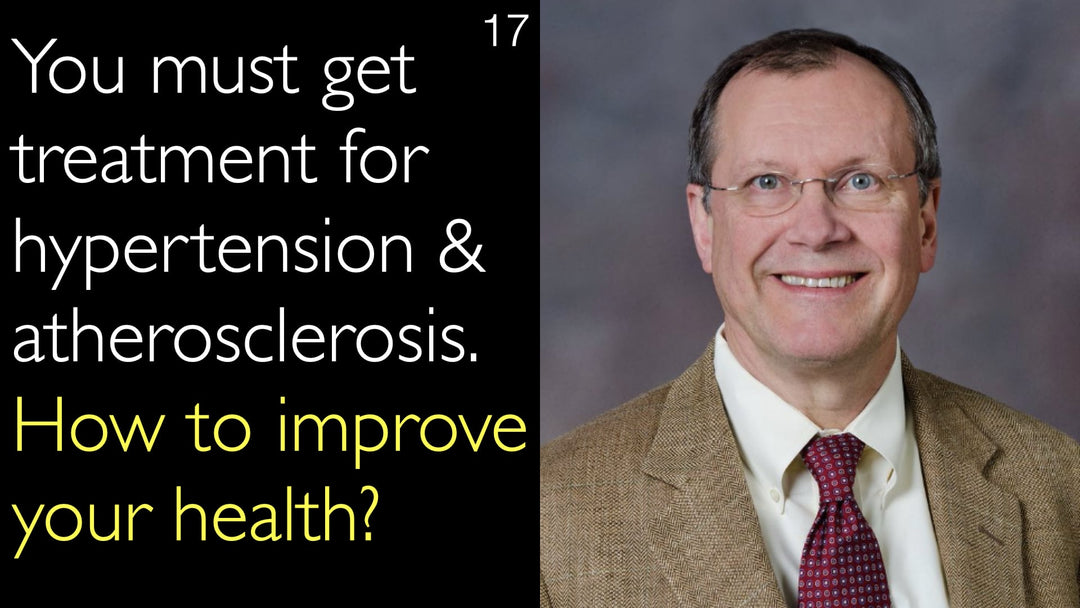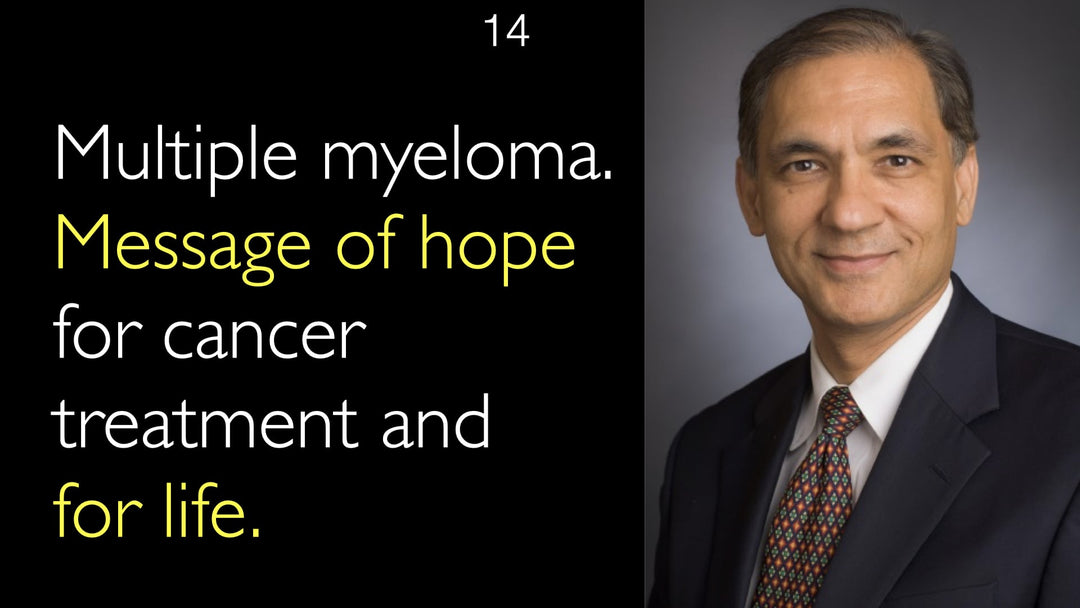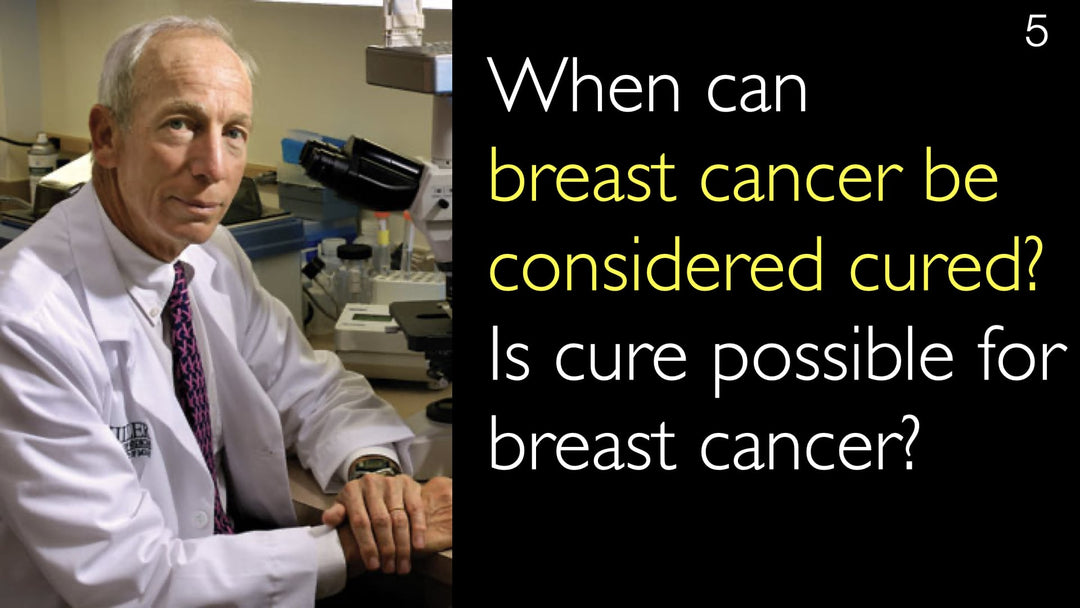O renomado especialista em medicina de precisão e oncologia, Dr. Bruce Chabner, MD, explica que a terapia-alvo para câncer é uma realidade para uma minoria significativa de pacientes, enquanto a quimioterapia tradicional, a radioterapia e a cirurgia seguem sendo a base do tratamento para a maioria dos casos. Ele ressalta que o teste molecular do tumor é a etapa crucial para diferenciar o tratamento personalizado eficaz de abordagens exageradas.
Medicina de Precisão em Oncologia: Identificando Terapias-alvo Eficazes
Navegar para a Seção
- Medicina de Precisão em Oncologia: Separando Exagero da Realidade
- Onde a Terapia-alvo Oncológica é Aplicada com Sucesso
- Quimioterapia como a Base do Tratamento Oncológico Moderno
- O Papel Crucial dos Testes Moleculares Tumorais
- Os 20 Anos de História da Oncologia Personalizada
- A Importância Contínua dos Tratamentos Oncológicos Padrão
- Transcrição Completa
Medicina de Precisão em Oncologia: Separando Exagero da Realidade
O Dr. Bruce Chabner, oncologista de destaque, aborda a questão central de como distinguir os benefícios reais da medicina de precisão do exagero em torno dela. Ele confirma que, embora a área tenha revolucionado nosso entendimento da biologia do câncer, sua aplicação clínica não é universal. O valor principal está em identificar as mutações genéticas específicas que impulsionam o crescimento tumoral, o que permite o uso de medicamentos direcionados para bloquear esse processo.
No entanto, essa abordagem não é uma solução milagrosa para todos os pacientes. O Dr. Chabner esclarece que a maioria dos pacientes oncológicos ainda precisará de tratamento com quimioterapia tradicional, que foi aprimorada ao longo das últimas quatro décadas.
Onde a Terapia-alvo Oncológica é Aplicada com Sucesso
O Dr. Bruce Chabner identifica vários tipos principais de câncer nos quais a terapia-alvo se tornou um componente padrão e eficaz do tratamento. Estes incluem um número significativo de cânceres de pulmão, cânceres de pele como o melanoma, e certos cânceres de mama e cólon. O sucesso nessas áreas é resultado direto da pesquisa em medicina de precisão que definiu os drivers oncogênicos.
Para esses subgrupos tumorais específicos, os medicamentos oncológicos direcionados oferecem um ataque mais preciso às células cancerígenas, frequentemente com um perfil de efeitos colaterais diferente em comparação com a quimioterapia tradicional. O Dr. Chabner enfatiza que isso representa um grande avanço, mas é crucial lembrar que esses são subgrupos de pacientes, e não toda a população com esses tipos de câncer.
Quimioterapia como a Base do Tratamento Oncológico Moderno
Apesar dos avanços emocionantes na terapia-alvo, o Dr. Bruce Chabner afirma que a quimioterapia tradicional continua sendo a base do tratamento para muitos cânceres. Esses são os agentes citotóxicos desenvolvidos e testados ao longo dos últimos 40 anos, que o Dr. Chabner testemunhou se tornarem ferramentas inestimáveis em oncologia.
Ele explica que, para a maioria dos pacientes oncológicos, essas quimioterapias padrão, frequentemente combinadas com outras modalidades, são o tratamento de primeira linha mais apropriado e eficaz. O desenvolvimento de agentes direcionados não substituiu esses tratamentos fundamentais, mas sim acrescentou uma nova camada poderosa de opções para situações específicas.
O Papel Crucial dos Testes Moleculares Tumorais
A chave para desbloquear o potencial da medicina de precisão, segundo o Dr. Chabner, é o teste molecular tumoral abrangente. Esse processo diagnóstico envolve analisar o tecido tumoral de um paciente para verificar se alguma das mutações ou alterações genéticas clinicamente relevantes conhecidas está presente.
O Dr. Chabner ressalta que esse teste é o passo essencial que diferencia um plano de tratamento generalizado de um verdadeiramente personalizado. Um resultado positivo para uma mutação específica pode indicar que um medicamento oncológico direcionado deve ser usado em vez de, ou em sequência com, protocolos de quimioterapia estabelecidos. Isso torna o perfil molecular uma parte indispensável do diagnóstico oncológico moderno e do planejamento de tratamento para muitos tumores sólidos e neoplasias hematológicas.
Os 20 Anos de História da Oncologia Personalizada
O Dr. Bruce Chabner contextualiza o estado atual da medicina de precisão, observando que essa revolução começou seriamente há 15 a 20 anos. Descobertas seminais foram feitas em cânceres como leucemia mieloide crônica (LMC) e câncer de mama, onde a identificação de alvos genéticos específicos levou ao desenvolvimento de medicamentos revolucionários.
Medicamentos como o imatinibe para LMC e o trastuzumabe para câncer de mama HER2-positivo tornaram-se os protótipos da terapia-alvo. Esses sucessos estabeleceram o modelo usado hoje: descobrir uma mutação condutora, desenvolver um medicamento para inibi-la e testar pacientes para sua presença. O Dr. Chabner observa que o que começou como pesquisa agora se tornou tratamento padrão para subgrupos identificáveis de pacientes oncológicos.
A Importância Contínua dos Tratamentos Oncológicos Padrão
Em sua discussão com o Dr. Anton Titov, o Dr. Bruce Chabner conclui reafirmando o papel crítico dos tratamentos oncológicos padrão. Ele lembra pacientes e clínicos que a medicina de precisão é um acréscimo ao arsenal do oncologista, não um substituto para modalidades comprovadas.
Cirurgia para remover tumores, radioterapia para tratar doença localizada e quimioterapia tradicional continuam sendo os tratamentos mais apropriados e eficazes para um grande número de pacientes. O objetivo da oncologia moderna é integrar inteligentemente novos agentes direcionados e imunoterapias com esses tratamentos estabelecidos para alcançar o melhor resultado possível para cada paciente individual.
Transcrição Completa
Dr. Anton Titov, MD: O tratamento oncológico continua dependendo da quimioterapia. Medicamentos oncológicos direcionados estão disponíveis de forma seletiva para alguns tumores. Medicina de precisão, medicina personalizada, medicamentos oncológicos direcionados—todas essas palavras estão por toda parte no tratamento do câncer.
Onde a medicina de precisão pode ajudar os pacientes? Onde ela não pode ajudar? Como separamos o exagero da realidade?
Dr. Bruce Chabner, MD: Exato. Essa é uma grande pergunta! A medicina de precisão nos ajudou a entender a biologia do câncer. Ajudou-nos a definir quais alterações estão impulsionando os cânceres. Sabemos quais mutações fazem os cânceres crescerem.
Agora temos medicamentos oncológicos que realmente bloqueiam esse processo cancerígeno. Eles são chamados de "medicamentos direcionados". Isso se aplica a um número significativo de cânceres que surgem no pulmão, terapia-alvo para cânceres de pele como o melanoma, e medicamentos oncológicos direcionados para cânceres de mama e cólon.
Mas ainda é a minoria dos tumores. A maioria dos pacientes oncológicos precisará de tratamento com medicamentos oncológicos. Eles receberão os tipos padrão de quimioterapia que foram desenvolvidos ao longo dos últimos 40 anos.
Dr. Bruce Chabner, MD: Minha própria trajetória em oncologia—testemunhei muitos medicamentos oncológicos serem testados e se tornarem valiosos. Eles ainda são a base do tratamento para muitos cânceres.
Há subgrupos de cânceres que podem ser tratados efetivamente com esses medicamentos oncológicos direcionados. A forma de descobrir isso é testando o tumor. É preciso verificar se alguma das mutações ou alterações importantes relevantes está presente.
Isso indicaria que você deve usar um medicamento oncológico direcionado aqui. Não use simplesmente a quimioterapia de longa data que foi usada no passado.
Às vezes, os pacientes pensam sobre medicina personalizada. Claro, o tratamento oncológico tem sido personalizado para pacientes por médicos astutos e sofisticados há muito tempo. Mas provavelmente é o surgimento dos diagnósticos moleculares.
É ajustar o tratamento oncológico à genética do tumor e ao paciente que se desenvolveu nos últimos anos. Então, os pacientes devem entender isso.
Dr. Bruce Chabner, MD: Isso mesmo! Tudo isso começou realmente há cerca de 15 a 20 anos. Houve descobertas em câncer de mama e em leucemia crônica.
Alguns medicamentos oncológicos importantes surgiram dessa pesquisa. Agora é nosso tratamento padrão para subgrupos de pacientes oncológicos. Não é para todos os pacientes com leucemia, mas subgrupos.
Requer testar o tumor para descobrir se essas mutações estão presentes. Então, identificamos o medicamento oncológico apropriado. Há vários casos em que essa estratégia é realmente útil.
Mas não é em todos os pacientes.
Dr. Bruce Chabner, MD: Como mencionei, existem tratamentos padrão usando quimioterapia e radioterapia.
Dr. Anton Titov, MD: Claro, há cirurgia oncológica para remover tumores. Esses ainda são os tratamentos mais apropriados para muitos pacientes com câncer.








